Slovenian Court nullified intervention law for bear and wolf culls
The battle against wolf and bear cull is mainly fought in courts in Slovenia. Last year, the Constitutional Court stopped both culls for the first time, as they did not meet the requirements of the Habitats Directive. What followed was an uproar of protests by farmers against the two large carnivores. As the entire issue became highly political, the Slovene Parliament decided for a fast fix of the court’s cull stop by an intervention cull law. A similar new law has been proposed for this year as well. However, the Constitutional Court has now ruled that last year’s intervention law is against the Slovene constitution. As a result, the intervention law is nullified. While the law has already been executed, this means the government cannot pass such laws in the future.
Please also read: Spanish court declares wolf hunting illegal
Breaching EU Conventions
In this case, the Court did not focus on the content of the intervention law and whether it meets the Habitats directive. This is not in Constitutional court’s jurisdiction. Instead, they found that the way the law was passed breaches EU conventions and the Slovene constitution. In fact, the legislative-juridical service of the Parliament has warned that the law might be against the constitution. Yet, the Parliament decided to ignore the warning and pass the law regardless.
Firstly, the law represents a breach of the separation of the three branches of power, namely legislature, executive and judiciary. It is the Government and the Ministry that are normally responsible to prepare the culling decrees. However, the Parliament took over that role now by preparing the intervention law. Furthermore, the Administrative Court had found the culling decree to not fit the Habitats directive and hence stopped it. The intervention law with nearly the same content was then used to circumvent this decision.
Late ruling did not stop the cull
In addition, during the preparation of the law, the state did not fulfill the Aarhus Convention sufficiently. The Aarhus Convention provides access to justice for non-governmental environmental organisations. Thus, it is normally the Administrative Court that is responsible to decide when environmental decrees are breaching the Habitats Directive. However, by passing an intervention law rather than a decree, these matters are no longer under the jurisdiction of Administrative Court. In this way, the access to justice based on the Aarhus Convention is limited. Now, the Constitutional Court was the last resort where environmental organisations could warn about the breaches. However, it is not in Constitutional Court’s jurisdiction to examine whether the content of the intervention law meets the Habitats Directive requirements.
Unfortunately, although the Court has treated this case as priority, the decision only came when next season of conflicts is starting. Additionally, as the court did not stop the law immediatelly, the cull still took place.
Wider impact of human-wildlife conflict
This case shows clearly how the heated human-wildlife conflict can easily become political. The Parliament was rushing with the intervention law to please the protesting farmers. In this way, they completely forgot about the science and the law, acting against both. Therefore, the passing of the intervention law in undemocratic ways was only to please a small societal group. In that way, the wolf is a dangerous animal, as it causes humans to neglect the basic concepts of our society.
This example clearly points to the fact how necessary it is to manage and reduce the human-wildlife conflict. One way of doing this is to take farmers and livestock owners as partners rather opponents to wolf conservation. By empowering them to use livestock protection to reduce depredations by wolf. The European Wilderness Society has recently submitted a unique LIFEstockProtect project doing just that.
How do you think that EU Member States can work towards sustainable coexistence between people and wildlife, without relentlessly killing animals? Let us know in the comments below!

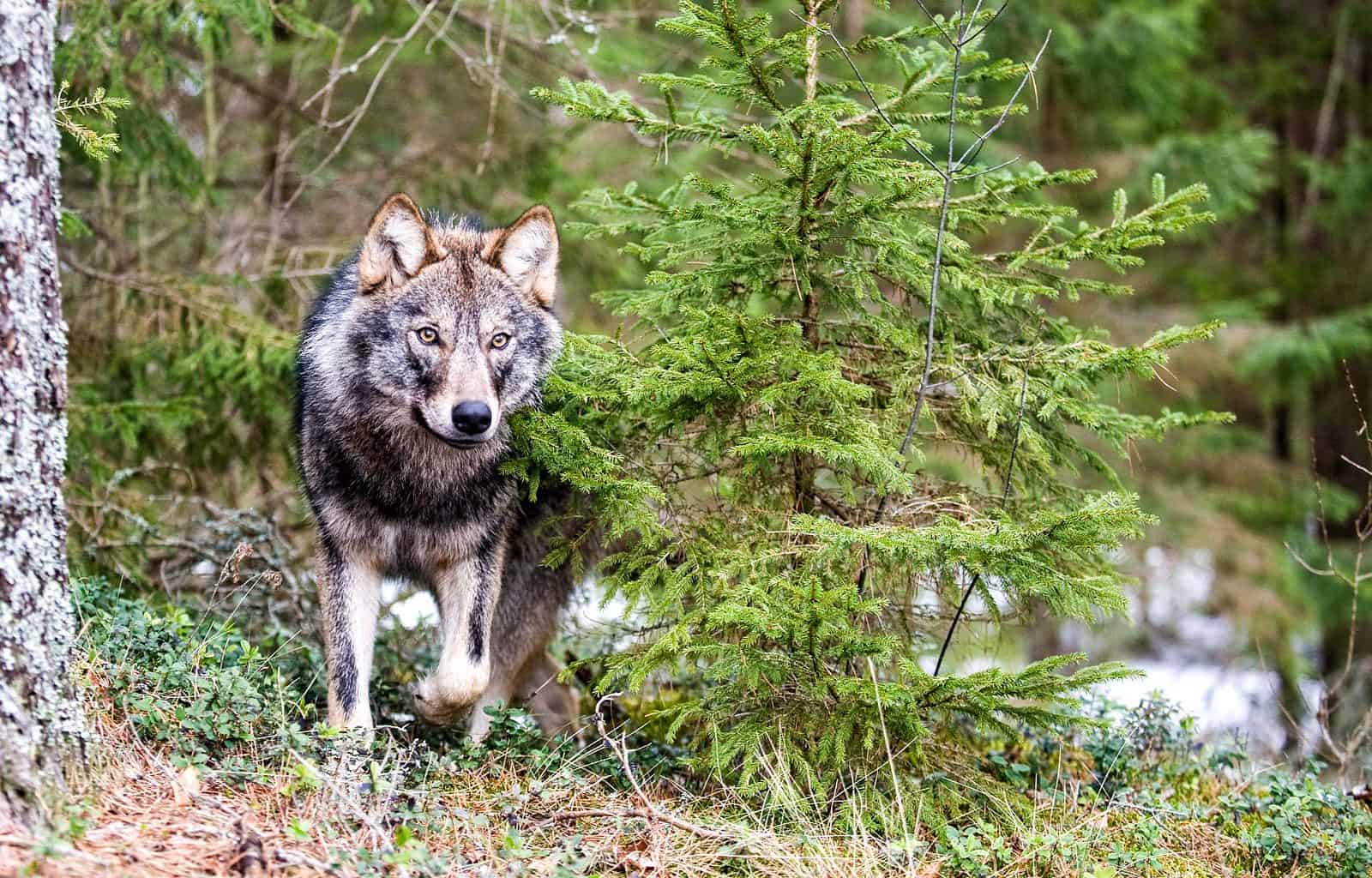
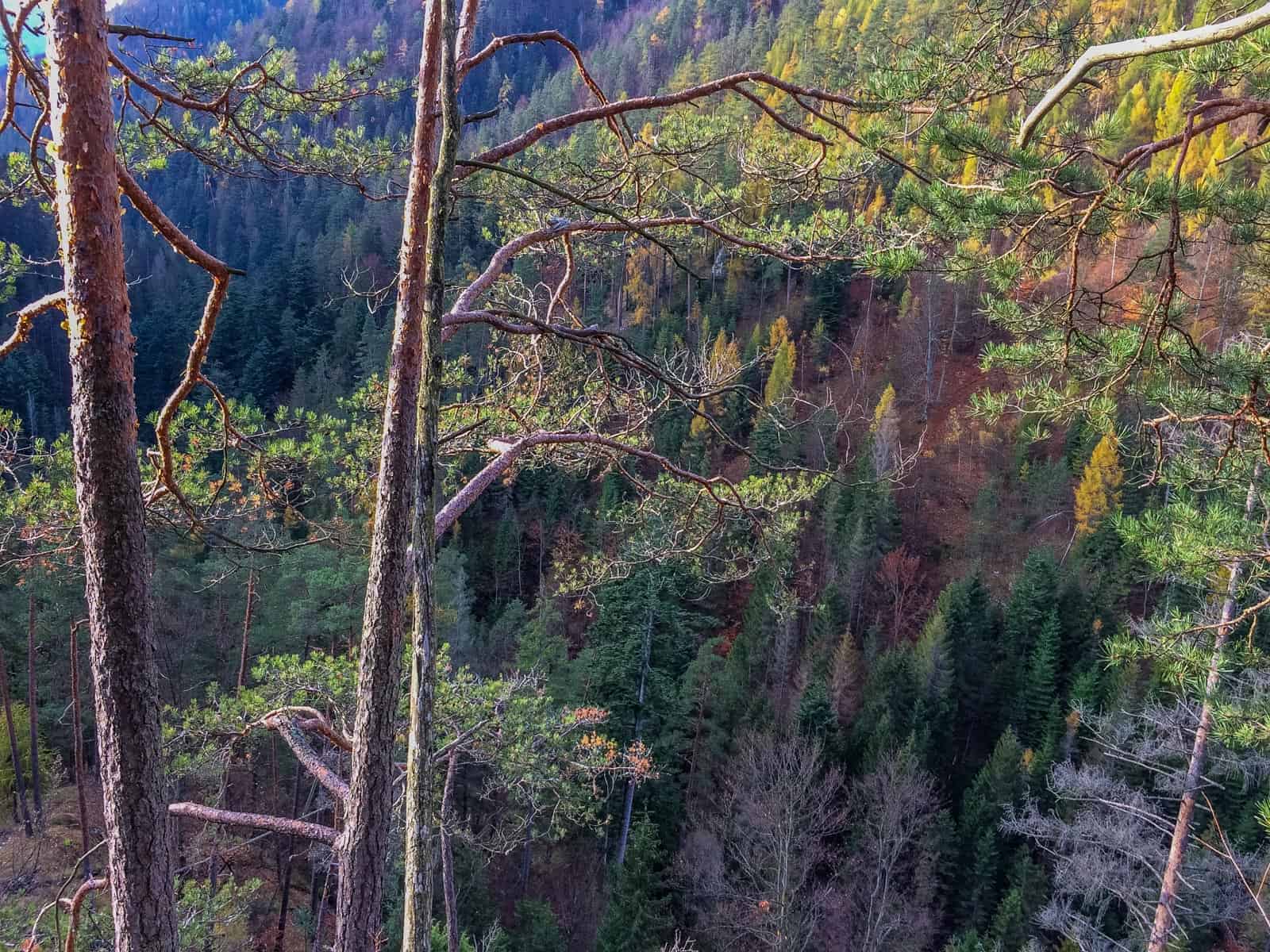
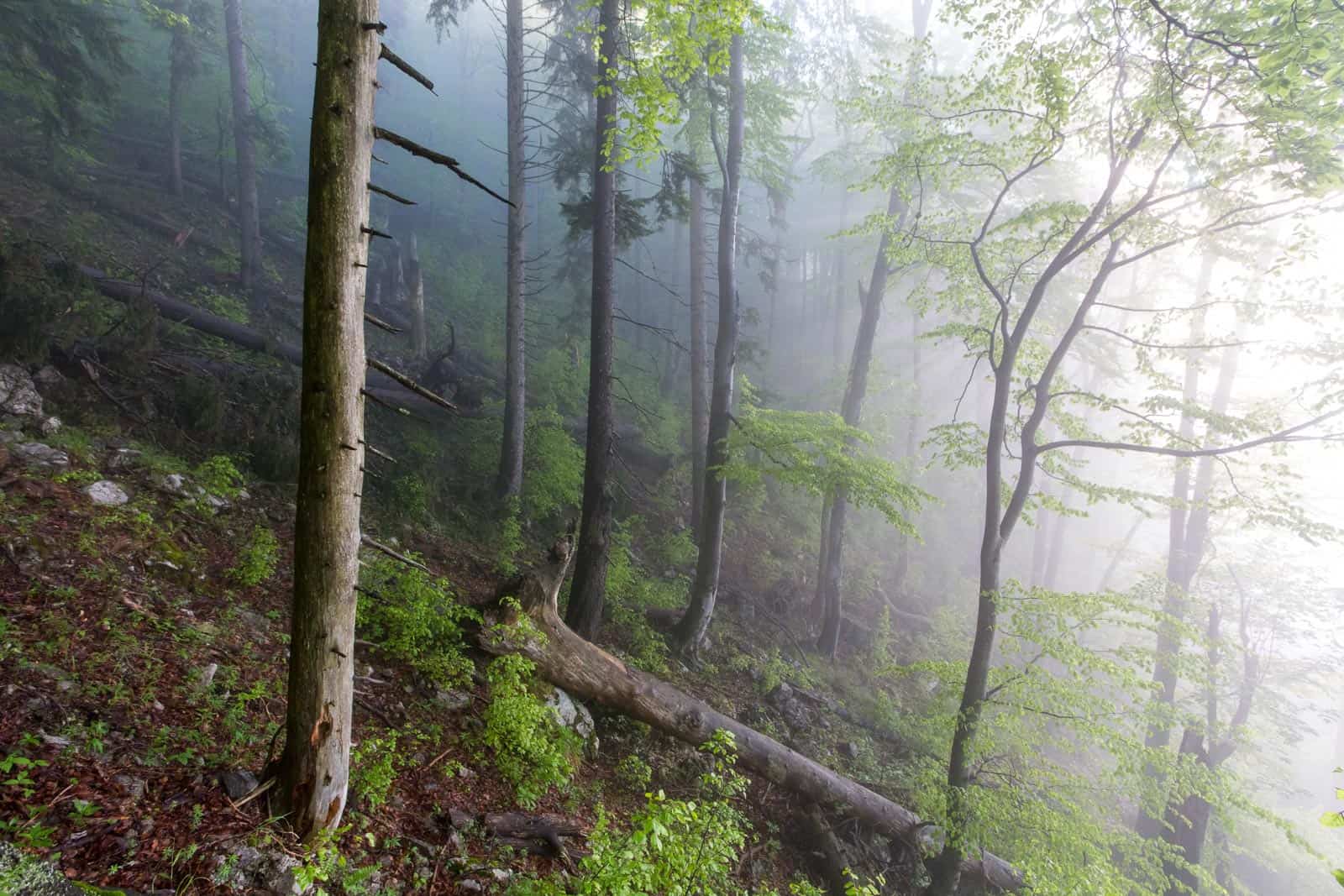

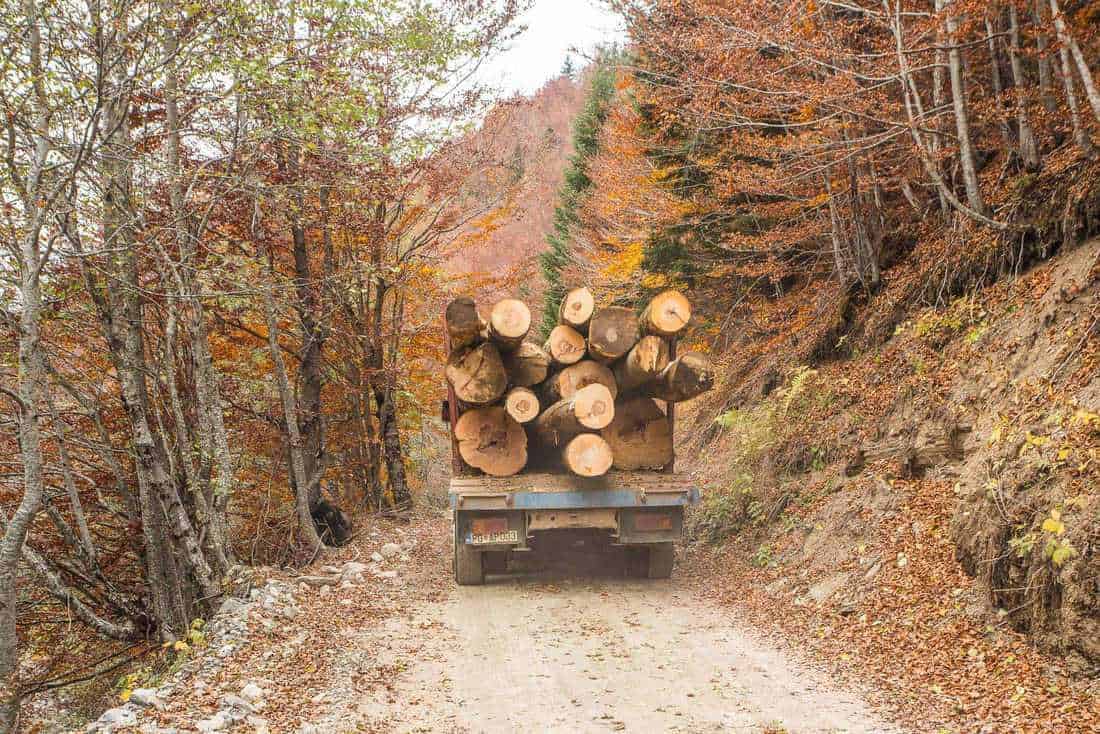
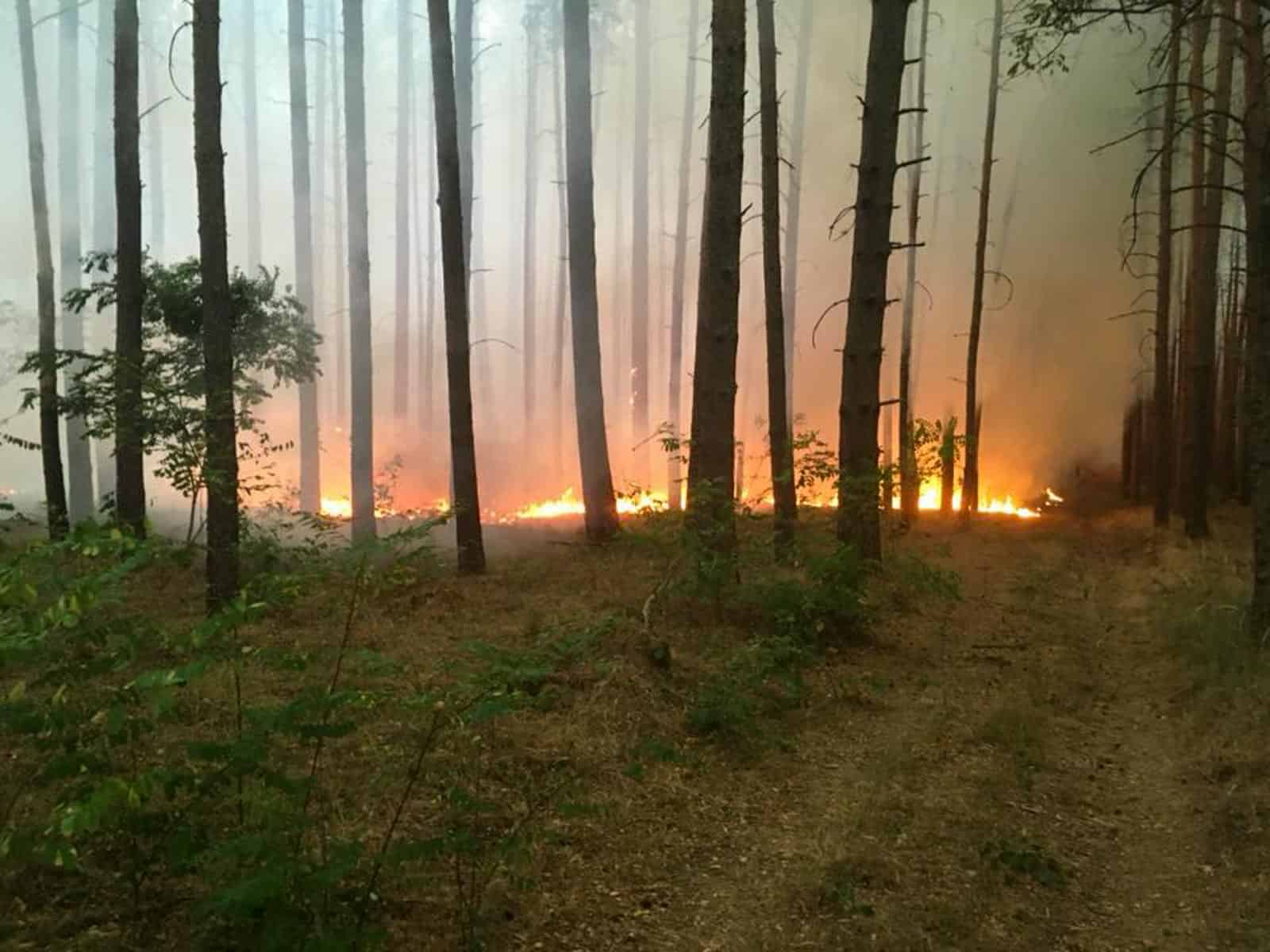
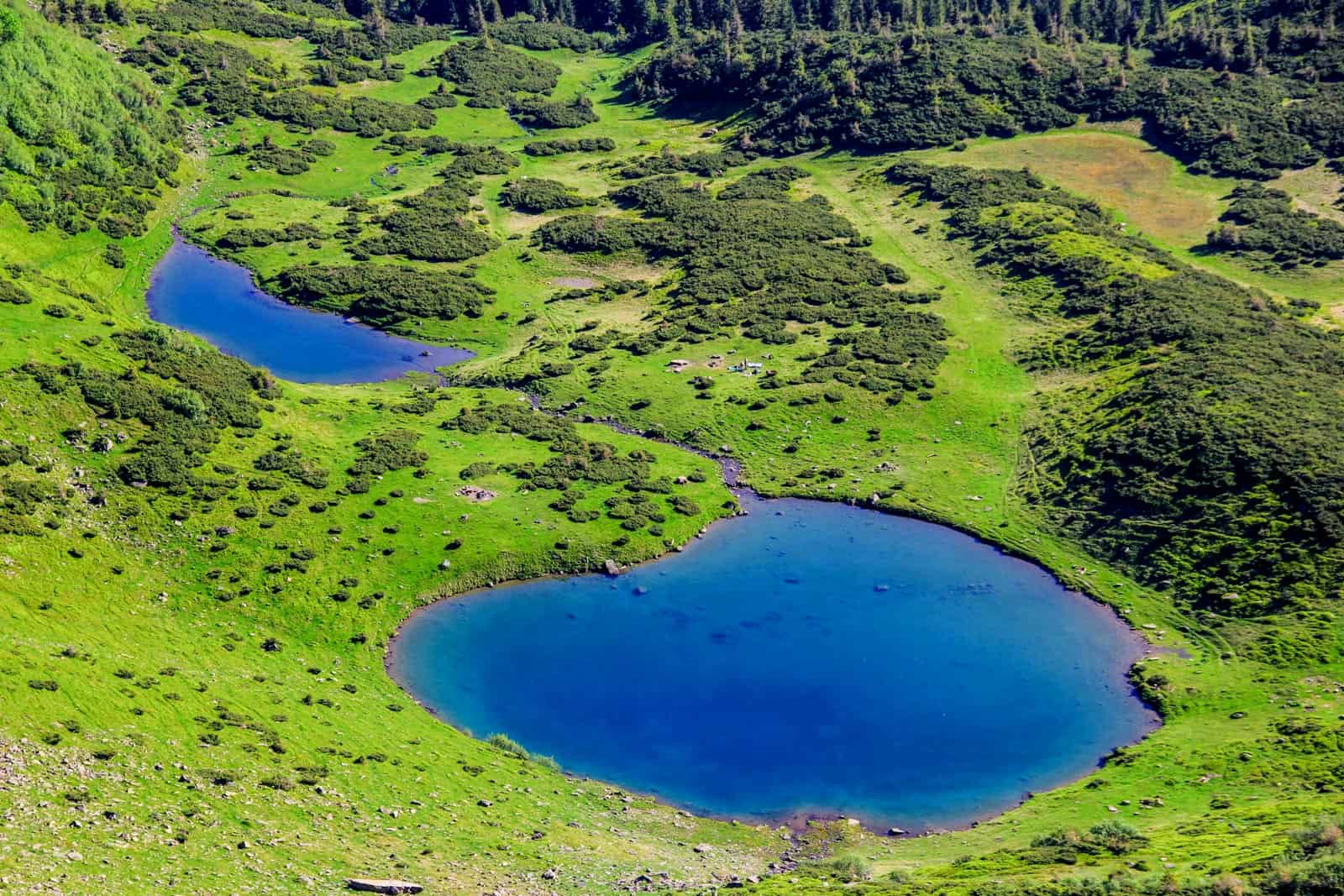
Dear Julia,
Thanks for pointing this out, it will be made clearer in the article. The intervention law was accepted last year for 2019/2020 culling season, which has now already ended. Therefore, while the cull has been found to be illegal now, the law has already has been executed meaning that the court’s decision did not really have an impact on last year’s law. However, this court decision will be taken into account when preparing the culling decree for the 2020/2021 culling season. While another intervention law has already been suggested for this season, this is not possible anymore due to the court’s decision.
I think There are different methods that can be followed by humans, for example planting hot peppers in the areas around the human presence expels the elephants and returns them to where they came from, and the use of automatic flashing lights systems helps to drive the lions away , and use guarded animals like dogs as a better option than violent methods.
We will look at this and get back to you ASAP…
How do you think that EU Member States can work towards sustainable coexistence between people and wildlife, without relentlessly killing animals? Let us know in the comments below!
Hi again, I would suggest for the EU to stop giving the farmer lobby the priority treatment they’ve had over the last half a century and to start to make policies fit to the interests of the wider society, for all citizens, a large proportion of whom demand more protection for the natural patrimony that belongs to us all and our future generations. The Climate Change policies that the EU should have adopted a long time ago (a bit late now, maybe) should follow this steer of re-balancing the priorities, importance and influence of the many sectors in society: citizens who claim much more emphasis on environmental real protections (no greenwashing) should be at the top of priorities in policy makers’ decisions. Leave farmers relegated to a third, fourth or Nth priority – they have had their chance to influence for the last 60 years and the world we have now is the result of their making. Leave them out of the equation please, enough is enough – they are only a minuscule % of society but a very detrimental one.
Thanks.
Hi, I think the article has an important error: on the first paragraph it says “As a result, the intervention law is nullified, which means that wolf and bear culls remain on hold.”. This is incorrect because if the intervention law by the Slovene Parliament (which allowed for the culls to go ahead) has been nullified by the Constitutional Court, because it says this Parliament law goes against the Slovenian Constitution, this means that the culls do NOT go ahead. Can you please clarify? Thanks.